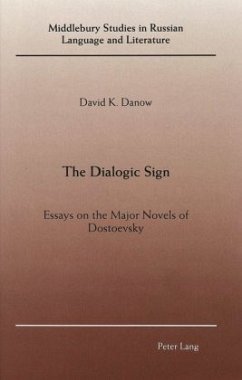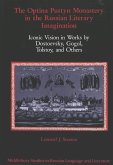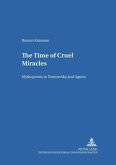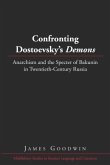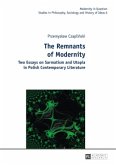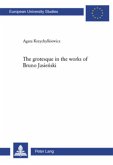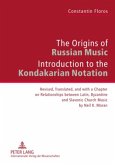Employing an innovative series of related analytic models, The Dialogic Sign treats the four major novels ( Crime and Punishement, The Idiot, The Possessed , and The Brothers Karamazov ) of the great nineteenth-century Russian prose writer, F.M. Dostoevsky. The purpose of the book is to explore what makes Dostoevsky's writing distinctive not only within the sphere of Russian letters but also within the global context of world literature. The book articulates the novelist's striking reliance on absence (of direct speech; of a major character) to evoke, paradoxically, a profoundly felt presence . It discusses the writer's use of minimal narrative forms in deploying elaborate internal modeling systems within the greater narrative ( The Brothers Karamazov ). Drawing principally upon the thought of Mikhail Bakhtin, the twentieth-century Russian literary theorist and philosopher of dialogue, The Dialogic Sign elaborates features of Dostoevskian dialogue that account for its extraordinary dynamic and dramatic quality.
"This study achieves an overall coherence,... and it can be warmly recommended." (C.R.S. Cockerell, The Slavonic and East European Review)
"Like many critical works of insight and acumen, øthis book! is about more than what it is about. Embedded in this penetrating analysis of the dialogical dynamics in Dostoevsky's art are implications for a deeper understanding of our relation to the novel, and of what is at stake in that relation." (David Patterson, Semiotica)
"Like many critical works of insight and acumen, øthis book! is about more than what it is about. Embedded in this penetrating analysis of the dialogical dynamics in Dostoevsky's art are implications for a deeper understanding of our relation to the novel, and of what is at stake in that relation." (David Patterson, Semiotica)

